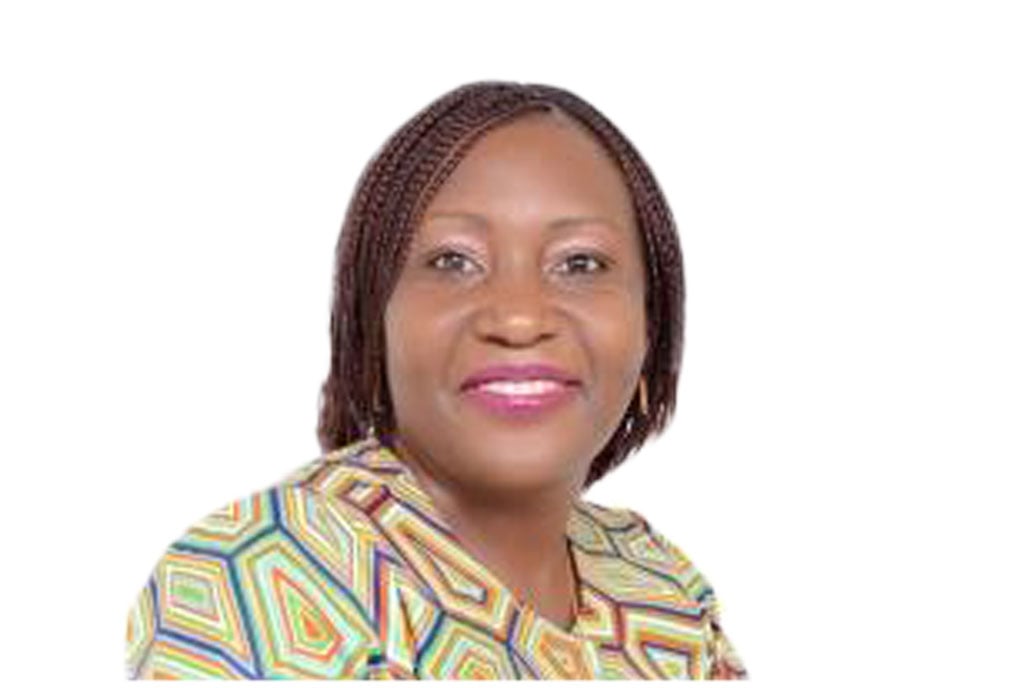Basis for making good decisions

Author: Rossette Wamambe. PHOTO/FILE/COURTESY
What you need to know:
- There are several elements in the decision-making process. For example, self-awareness where one can draw from their convictions, personality, and emotional triggers to ensure that the decision they make aligns with their authentic self. In addition, establishing priorities and aligning decisions with our vision and purpose ensures that we stay on the road we have carved out for ourselves.
Like most adults, perhaps you have encountered a scenario where a youth who maybe at crossroads has asked you the loaded question, “what should I do in this case?” It is during such times that I am reminded that it is often better to “teach one how to fish as opposed to giving them fish”.
In today’s world where there are often more choices than one desires, the art of deciding what to choose can become a daunting one. It does not matter whether the decision relates to what to eat or wear or more complex issues such as the subjects to take or the school or university to attend.
Many times, decisions can also extend to what job the young person may pursue. Will they choose the traditional route of climbing a corporate ladder or do they want to flex their entrepreneur muscles? Keeping in mind that the decisions one makes can shape their experiences and affect their overall success, it is imperative that these are made well.
There are several elements in the decision-making process. For example, self-awareness where one can draw from their convictions, personality, and emotional triggers to ensure that the decision they make aligns with their authentic self. In addition, establishing priorities and aligning decisions with our vision and purpose ensures that we stay on the road we have carved out for ourselves.
Similarly, using critical thinking skills that allow us to objectively look at what is before us enables us to make the right assessments and analyse both the pros and cons of the decision we intend to make.
This is critical given the fact that in many cases, the paths we take on our journey to success are often filled with bumps that require both adaptability and resilience to reach our destinations.
However, I am tempted to observe that the skill of asking questions and maintaining an open mindset is one that can open us to more innovative solutions for the decisions we seek to make.
We know for a fact that good leaders tend to be great at asking questions. They know that when they ask questions, it conveys to the team that they too do not have all the answers and are willing to learn. This action invariably builds trust among the team and results in better advice for the entire organisation.
At the individual level, asking questions helps us to gain insights and better perspectives from the perceptions we may be accustomed to. I am learning that making good decisions requires that I start by examining the lens I may be using. For example, when my perceptions are off, my mind may play tricks on me especially in areas of my growth gaps.
However, I find that when I ask questions, it helps me to see things differently.
In his book Better Decisions, Fewer Regrets: 5 Questions to Help You Determine Your Next Move, Andy Stanley shares with us a skill that his late father Charles Stanley taught him: “By opting for questions over directions, my dad connected two important dots for me. He helped me make the connection between good questions and good decisions”.
According to Stanley, there is a connection between well placed, appropriately timed, thought provoking questions and good decision making.
I like the quote in the book from Prof Clay Christensen at the Harvard Business School who noted that, “Questions are places in the mind where answers fit”. It follows, therefore, that allowing ourselves to ask questions, is often the starting point for us to shift perspectives and perhaps make better decisions.
In the weeks ahead, we will look at some questions we can use to guide our youth in the decision-making process knowing well that although some decisions are made at the individual level, their implications or consequences tend to affect more than the person who made them.
I’d like to hear from you, are there any questions you turn to as you guide others wishing to arrive at a decision they may be grappling with?
Ms Rossette Wamambe is a transformational leadership coach with the Maxwell Certified Leadership Team, [email protected]



